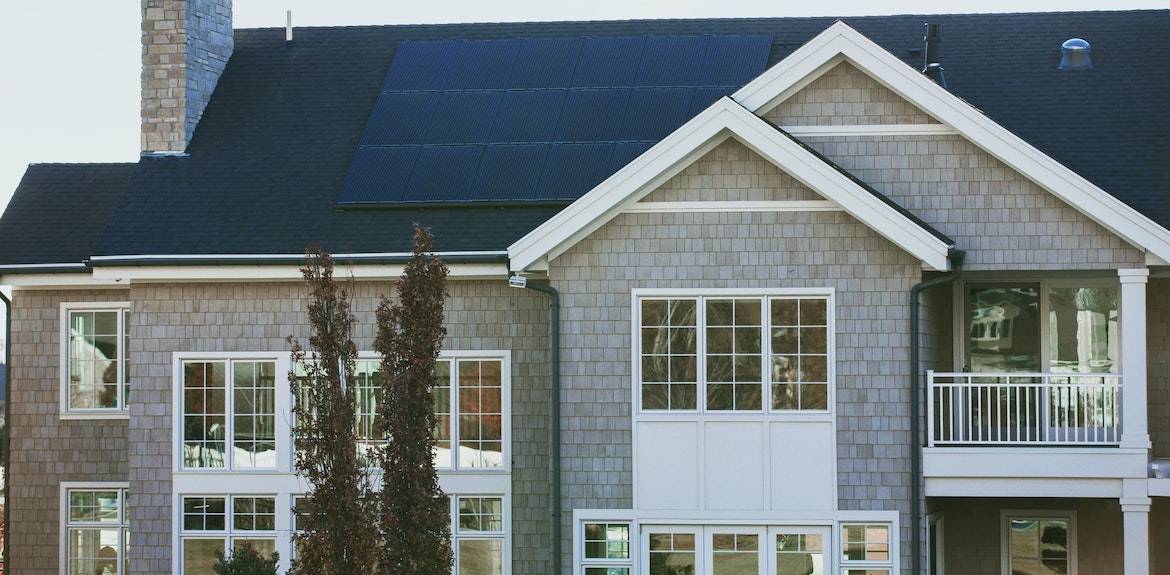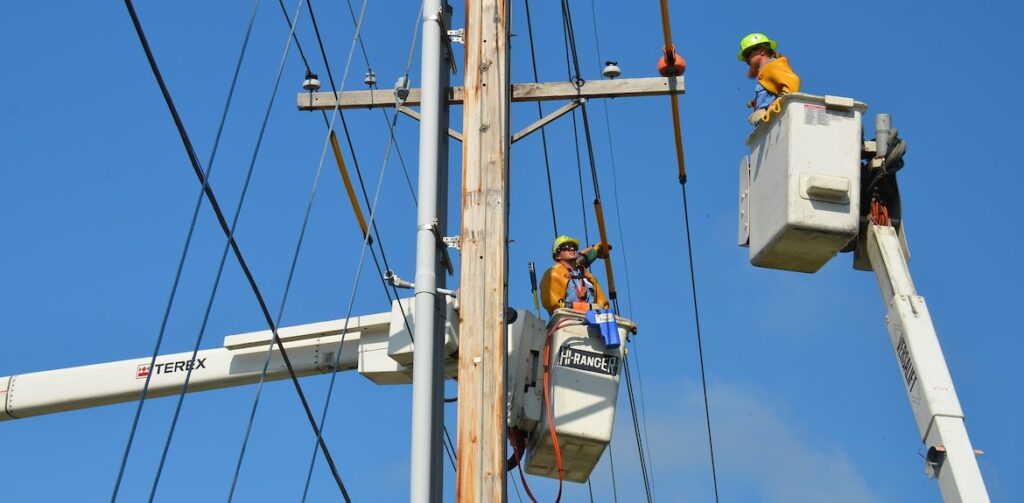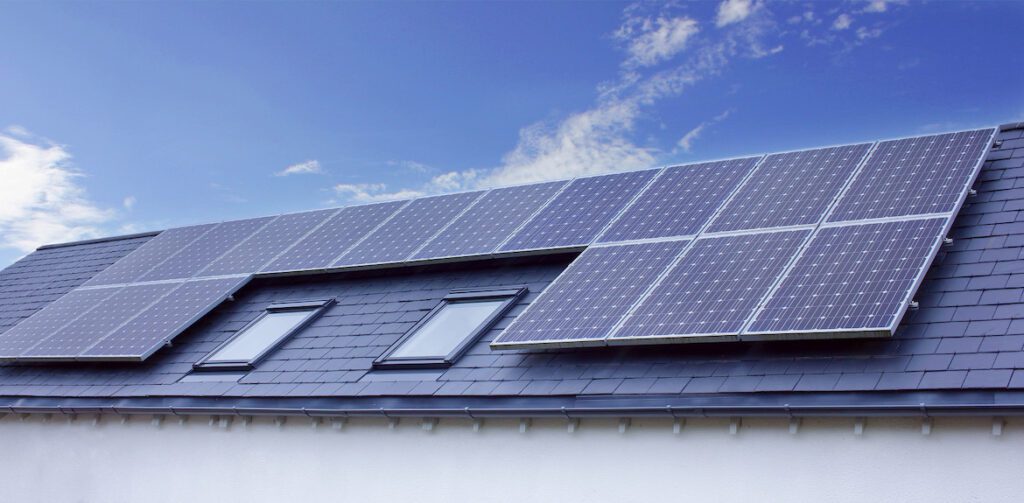
Home Battery Backup Systems: What To Know Before Retrofitting Your Lansdowne Home
Whether it’s a heat wave brownout or a tornado interrupting service, you may not be able to control power outages. Thankfully, the tech world hears your concerns and has solutions for providing comfortable living during these occurrences.

If you are a current homeowner or looking to purchase a home in the wine country of Virginia, it’s worth some research to improve your home’s efficiency and resilience.
Maybe a home battery backup is right for you! Read our guide about home battery backup systems and how they are changing the way homeowners think about sustainable power.
What Are Home Battery Backup Systems?
If you have ever endured a lengthy power outage, you know the mess it can create with food spoilage and humidity levels that can damage furnishings and cabinetry.
You may also be part of the growing population of remote workers who require reliable power to do your job.
Worse yet, you may have a family member with medical equipment that can cause a life-threatening situation if power is lost.
In any of these scenarios, a home battery backup system may be worth the investment that brings peace of mind. So, what are they and how do they work?
Reserved Power
Just like many of the batteries we use to operate children’s toys or even the car, a home battery backup system stores power for later use. Units come in various sizes depending on your power source and energy needs.
A home battery can be lithium-ion such as those used in smartphones, or lithium ferro phosphate as used in solar systems. Another type of battery is lead acid, like typical car batteries. In terms of the amount of energy storage and lifespan, lithium-ion outperforms lead acid batteries for home use.
Many home battery backup systems can be installed inside or outside. For large homes, installation outside can be a great benefit if multiple batteries are desired.
How Do Home Batteries Work?
One of the attractions to home battery units is the power of a generator without the messiness and fumes of fuel. A home battery backup system gets energy from two different sources.
Solar Powered Battery Backup

This type of home battery backup gets its energy from solar panels. The battery unit is connected to your solar panel array and is provided with a consistent charge throughout the day.
Homeowners can reserve use of the battery for power outages, or use stored power to operate the home at night for further energy savings.
Grid Powered Battery Backup
This energy source comes from your utility company.
The home battery backup system is directly connected to the main house electrical panel. Should power be lost due to an electrical line falling or peak overload, the backup battery system will switch on to continue powering your home and devices.
Will a Backup Home Battery System Increase My Home’s Value?
There are many factors in today’s real estate market that suggest home battery backup systems do increase the value and marketability of your home.
In many states, clean and sustainable energy resources are almost always a consideration for homebuyers. Here are a few reasons.
Millennial Homebuyers
The National Association of Realtors (NAR) completed a study for 2021 that demonstrates Millenials are the largest percentage of homebuyers now. This is a trend that has continued since 2014.
Millennial homebuyers have different expectations from their homes than previous generations. The top requirements for Millennials are energy efficiency, environmental friendliness, and automated technology.
Home battery backup systems fulfill these requirements and may be a selling point that encourages higher bids for real estate that is already in high demand througout San Diego.
Natural Disasters
Wildfires, tornados, earthquakes, floods… they are a possibility in many parts of Virgina. Understandably, they are a top concern for potential homebuyers. Any home feature that makes life a little easier when nature strikes is a selling point.
Things to Consider Before Retrofitting a Home for a Battery Backup System
If you are considering installing a home battery backup system, there are some factors you need to consider before making a purchase and hiring an installer.
Energy Source
Will you be using grid power or solar to charge the battery units? Each source has advantages and disadvantages for capacity (how much energy is stored) and discharge (how much power is released).
Some manufacturers such as Tesla require the purchase of their own brand of solar panels for use with their home battery backup systems.
When using grid power for charging your home battery, check with your area’s building codes for compliance.
Amount of Power Needed
Most people use home battery backup systems to power limited areas of the home such as HVAC, and a few outlets for small appliances and computers.
If you want to power the entire house, multiple units will be needed. Compare pricing based on amps and lifespan of the battery unit.
Space for Battery Units
The amount of space you are willing to dedicate to your battery installation is a very important factor before considering how to retrofit your home for backup power.
Decide if you have ample space in a utility room or garage. If not, you will want to shop for home battery backup systems that can be installed outside. Fortunately, the weather in Southern California is suitable for most outside units.
Homes With Battery Backup Systems in Lansdowne and Loudon County
The digital age offers many technological advancements to help us live comfortably and sustainably, even when things go wrong. If you want to make your home more efficient and more resilient to potential problems, a battery backup system might be part of your solution!
Are you looking to buy a home, thinking of selling, or just want professional real estate advice on the advantages of energy-efficient home upgrades like home battery backup systems? Contact us to discuss how we can help you reach your goals.
